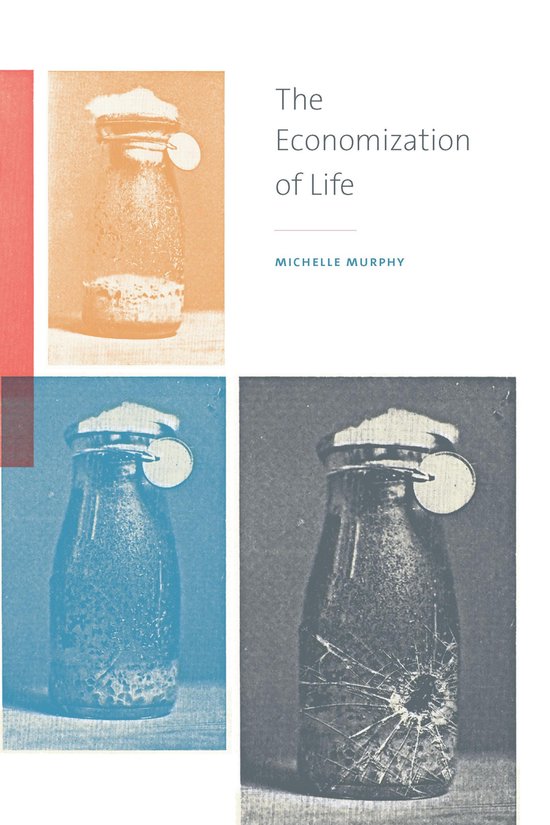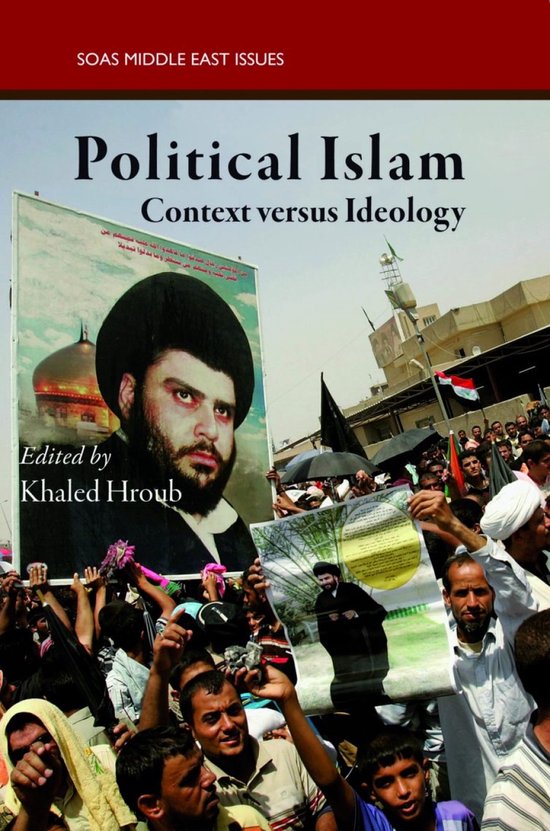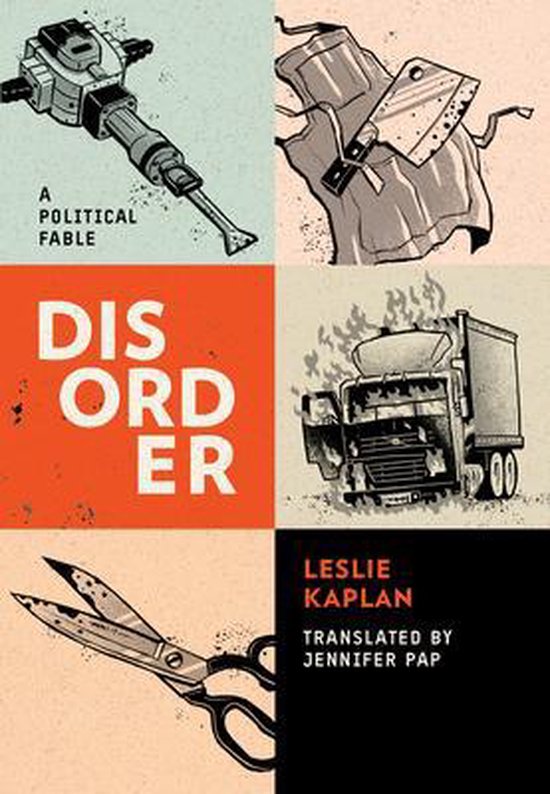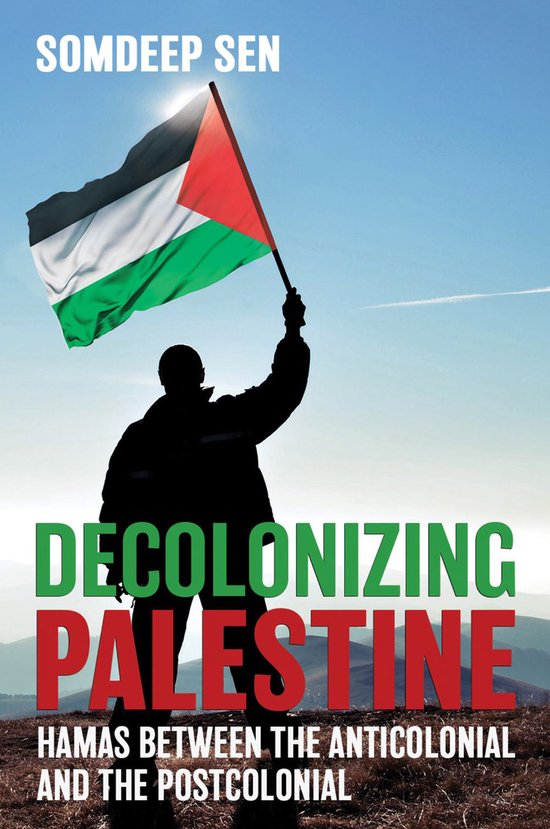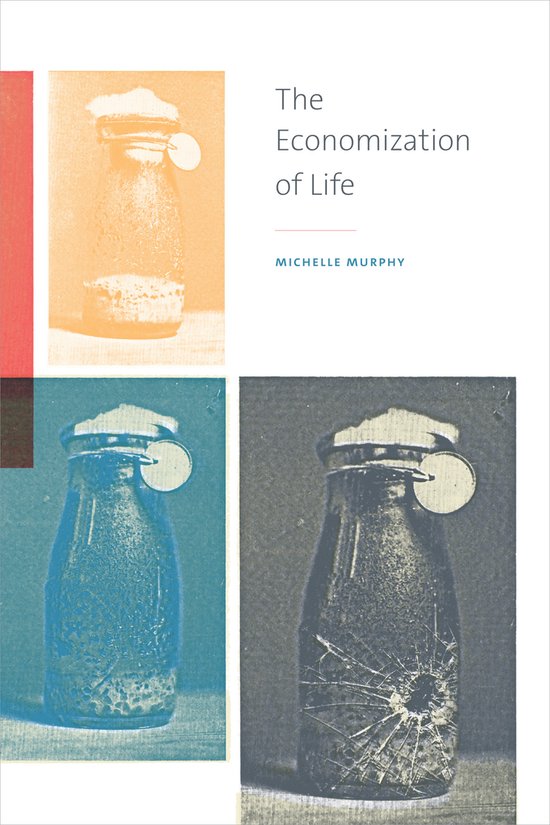
The Economization of Life
M. Murphy examines the ways in which efforts at population control since World War II have tied reproduction to neoliberal capitalism, showing how data collection practices have been used to quantify the value of a human life in terms of its ability to improve the nation-state's gross domestic product.
What is a life worth? In the wake of eugenics, new quantitative racist practices that valued life for the sake of economic futures flourished. In The Economization of Life, M. Murphy provocatively describes the twentieth-century rise of infrastructures of calculation and experiment aimed at governing population for the sake of national economy, pinpointing the spread of a potent biopolitical logic: some must not be born so that others might live more prosperously. Resituating the history of postcolonial neoliberal technique in expert circuits between the United States and Bangladesh, Murphy traces the methods and imaginaries through which family planning calculated lives not worth living, lives not worth saving, and lives not worth being born. The resulting archive of thick data transmuted into financialized “Invest in a Girl” campaigns that reframed survival as a question of human capital. The book challenges readers to reject the economy as our collective container and to refuse population as a term of reproductive justice.
What is a life worth? In the wake of eugenics, new quantitative racist practices that valued life for the sake of economic futures flourished. In The Economization of Life, M. Murphy provocatively describes the twentieth-century rise of infrastructures of calculation and experiment aimed at governing population for the sake of national economy, pinpointing the spread of a potent biopolitical logic: some must not be born so that others might live more prosperously. Resituating the history of postcolonial neoliberal technique in expert circuits between the United States and Bangladesh, Murphy traces the methods and imaginaries through which family planning calculated lives not worth living, lives not worth saving, and lives not worth being born. The resulting archive of thick data transmuted into financialized “Invest in a Girl” campaigns that reframed survival as a question of human capital. The book challenges readers to reject the economy as our collective container and to refuse population as a term of reproductive justice.
| Auteur | | M. Murphy |
| Taal | | Engels |
| Type | | Paperback |
| Categorie | | Mens & Maatschappij |
